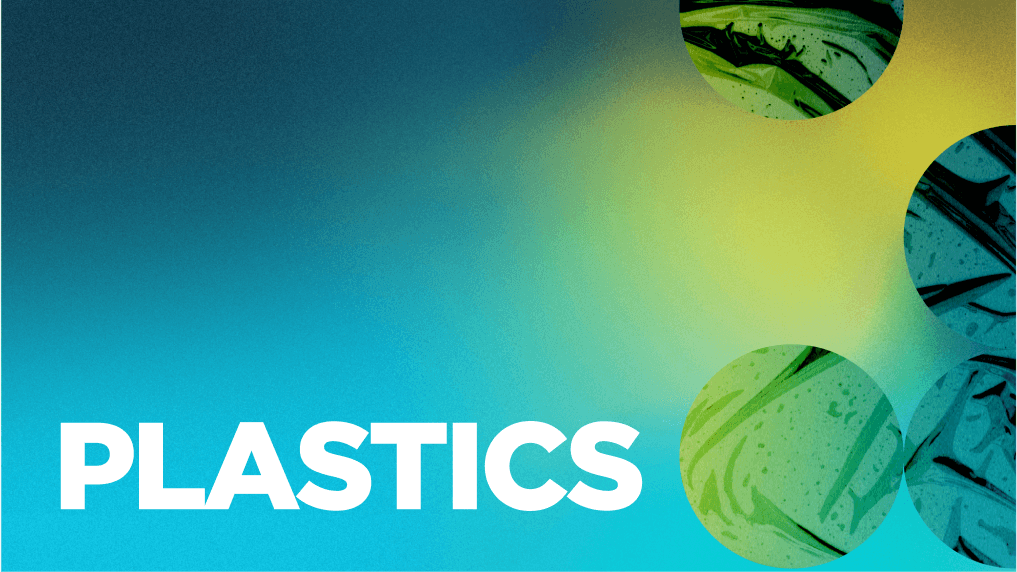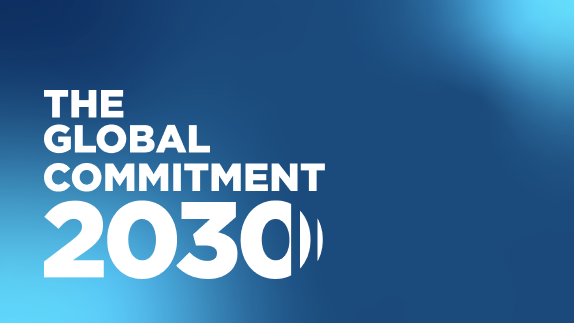Streamed on 22nd February 2022
Every day we don’t solve the plastic pollution crisis, it gets worse. Millions of tonnes of plastic leak into the environment, end up in landfills or are burned because of our take-make-waste linear economylinear economyAn economy in which finite resources are extracted to make products that are used - generally not to their full potential - and then thrown away ('take-make-waste').. This is harming nature, using up natural resources, and contributing to the climate and biodiversity crises, while billions of dollars worth of valuable materials are being lost to the economy.
Many companies have taken important voluntary steps, such as setting targets to reduce virgin plastic use and pilot reusereuseThe repeated use of a product or component for its intended purpose without significant modification. schemes, laying the foundations for wide-reaching cooperation, but they cannot reach the scale we need to urgently solve this crisis. Plastic pollution doesn’t care about borders. Countries and organisations can’t fix the problem on their own. It is a global challenge that needs a coordinated and globally aligned response.
We must urgently work towards seeing ambition become action. In this episode we look at how a legally-binding UN treaty on plastic pollution can help fix plastic pollution for good.
Speakers featured:
Eirik Lindebjerg, Global Plastics Policy Manager, WWF
Rolando Castro-Córdoba, Vice Minister of Energy and Environmental Quality at Ministerio del Ambiente y Energía (MINAE), Costa Rica







